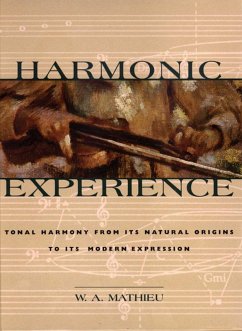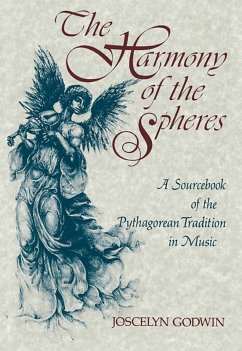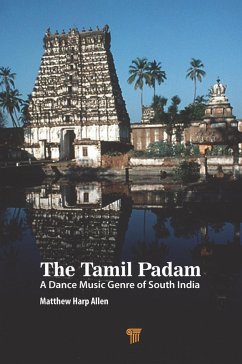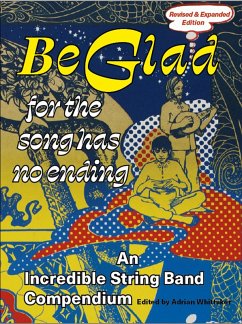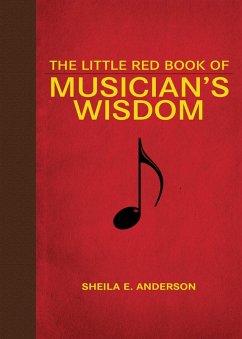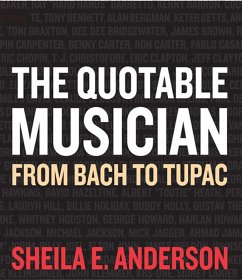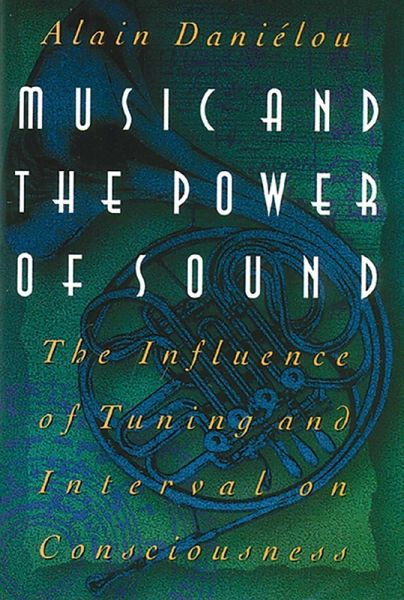
Music and the Power of Sound (eBook, ePUB)
The Influence of Tuning and Interval on Consciousness

PAYBACK Punkte
0 °P sammeln!
Music has always been esteemed for its power to speak directly to our higher consciousness, a power founded in the purity of simple harmonic ratios. In this book, Alain Danielou traces the development of musical scales and tuning from their origins in both China and India, through their merging in ancient Greece, and on to the development of the Western traditions of modal and polyphonic music. Understanding these potent harmonic relationships offers a way for today's musicians to transcend the limitations of overly rationalistic music by drawing on its metaphysical roots.
Dieser Download kann aus rechtlichen Gründen nur mit Rechnungsadresse in A, B, BG, CY, CZ, D, DK, EW, E, FIN, F, GR, HR, H, I, LT, L, LR, M, NL, PL, P, R, S, SLO, SK ausgeliefert werden.




